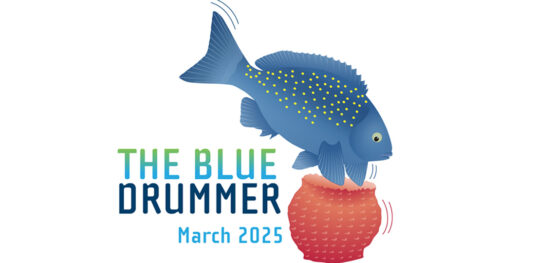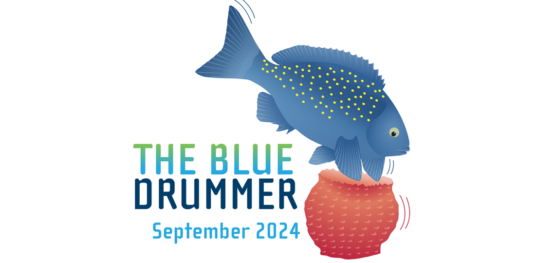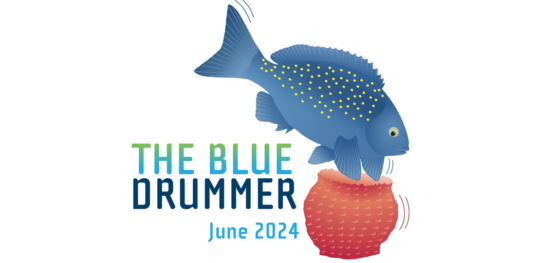Newsletter
18 December 2024
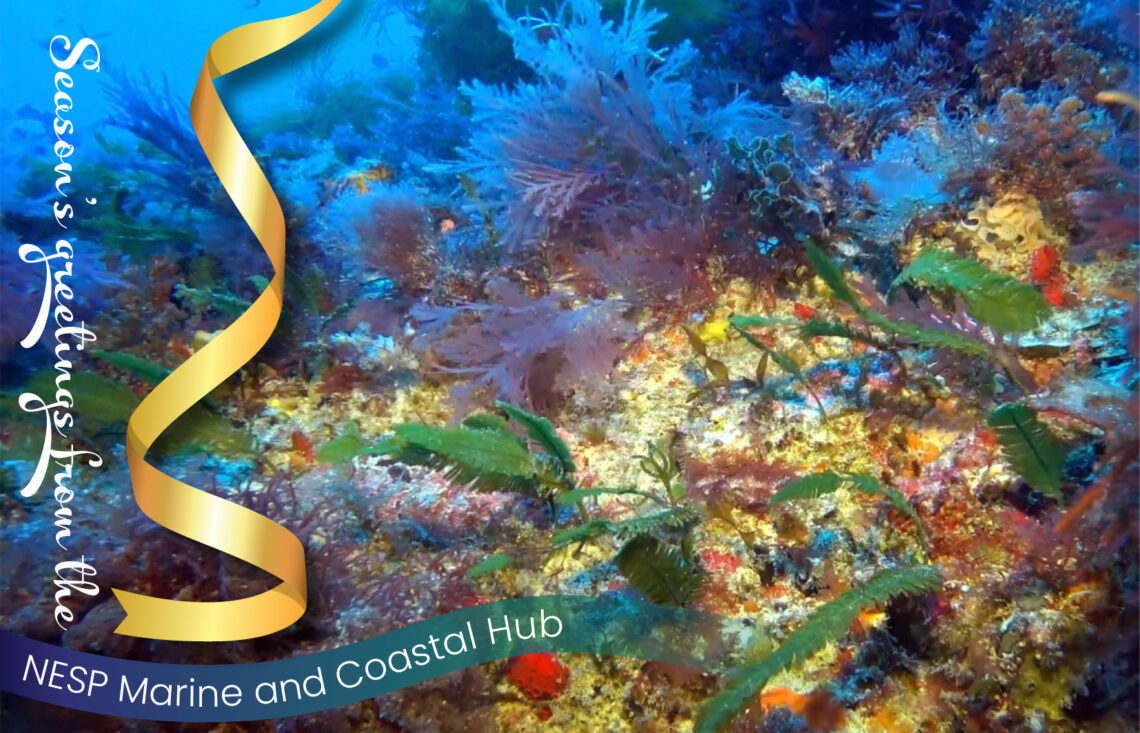
Welcome to the December 2024 issue of The Blue Drummer, the newsletter of the National Environmental Science Program Marine and Coastal Hub.
This issue is all about growing best-practice skills and connections among researchers, Indigenous communities and other research partners and research users. This is core business for the hub, and we're delighted to share our stories.
At the outer reaches of Western Australia and Tasmania, researchers and Indigenous rangers are sharing and applying knowledge and skills for managing seagrass ecosystems on Sea Country. They're gearing up to monitor dugongs from the sky and coring down to examine productivity in the sediments.
Another collaborative hub project has created three new best-practice field manuals for marine sampling. These cover microplastics; the benthic observation survey system (BOSS); and knowledge, attitude and practice. Watch the remotely operated vehicle ‘dive dive dive' at Beagle Marine Park to get the vibe of best-practice sampling . . . to music!
In October and November, more than 60 hub researchers attended a True Tracks© workshop to consider ethical and legal aspects of conducting research with Indigenous communities. We were pleased to see such enthusiasm for this learning, which supports our commitment to respectful and enduring partnerships.
Marine and coastal restoration also relies heavily on collaboration. A hub project that explored barriers to restoration echoes the need for national approaches, legal reform, nature-based-solutions research, and Traditional Owner participation. Another project developed a regional approach to identifying coastal wetland sites that promise a raft of restoration benefits.
Lastly, we would like to thank everyone who collaborated with (and read about) the hub this year. We wish you a safe and relaxing break and hope you enjoy this holiday reading.
Yours sincerely,
Alan Jordan, Marine and Coastal Hub southern node leader
Damien Burrows, Marine and Coastal Hub northern node leader
If you'd like to subscribe to this newsletter, please sign up on our website home page.
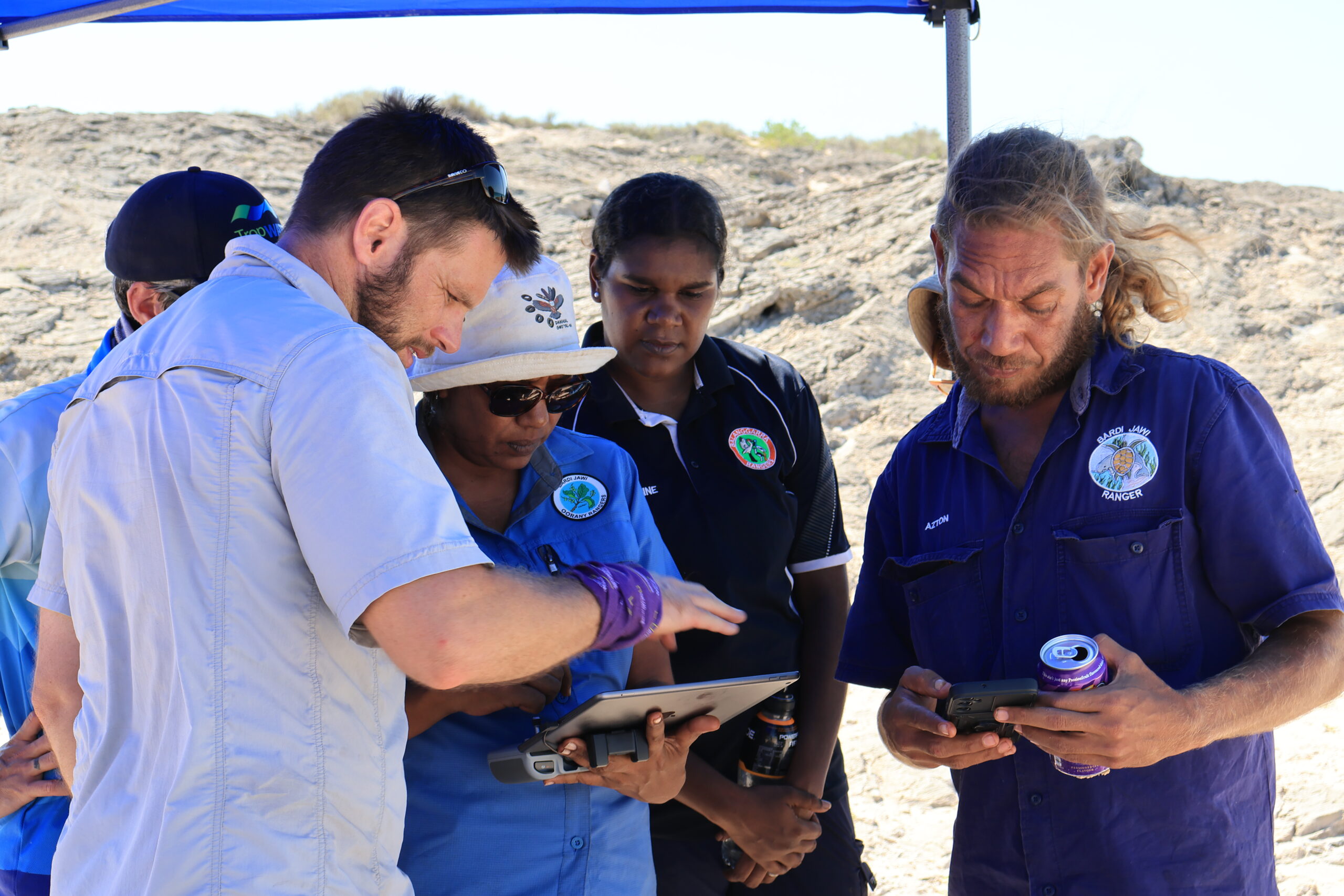
Rangers from across the Kimberley learn drone skills to monitor dugongs
Researchers and seven Indigenous ranger groups get together to share knowledge about dugongs and seagrass on Sea Country
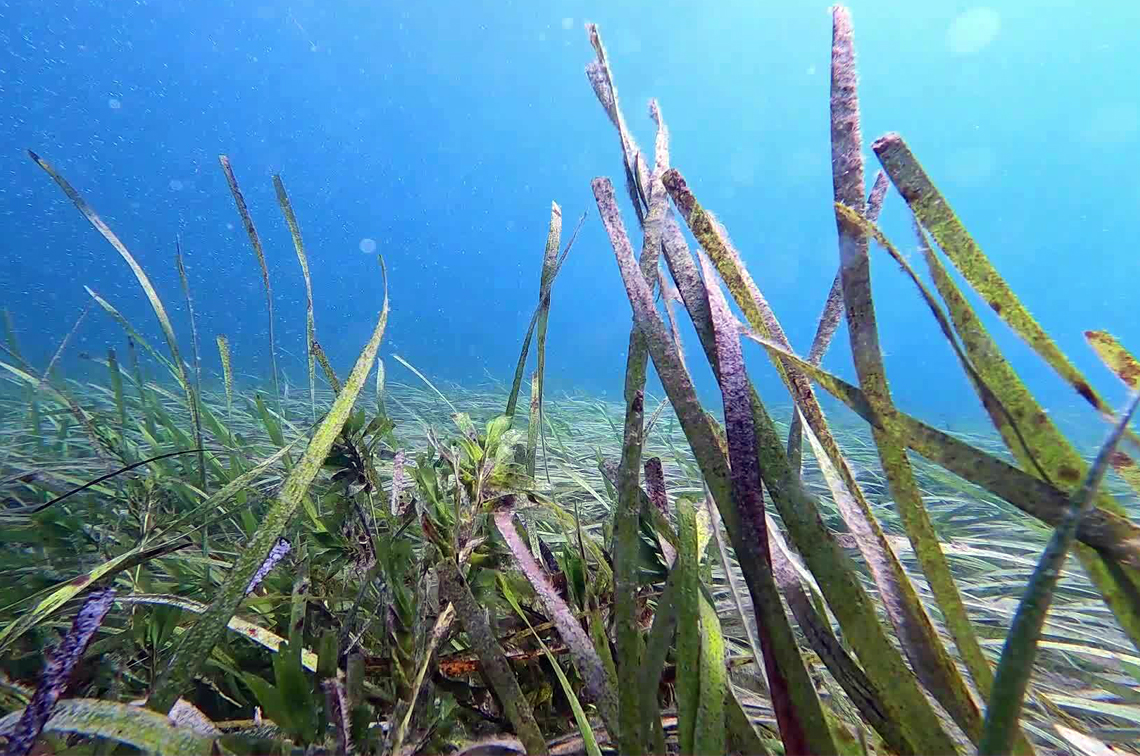
Enter the exquisite seagrass beds of Furneaux/Tayaritja Islands
Pakana Rangers and researchers have completed extensive fieldwork in this underwater realm of fiddler rays and sea dragons
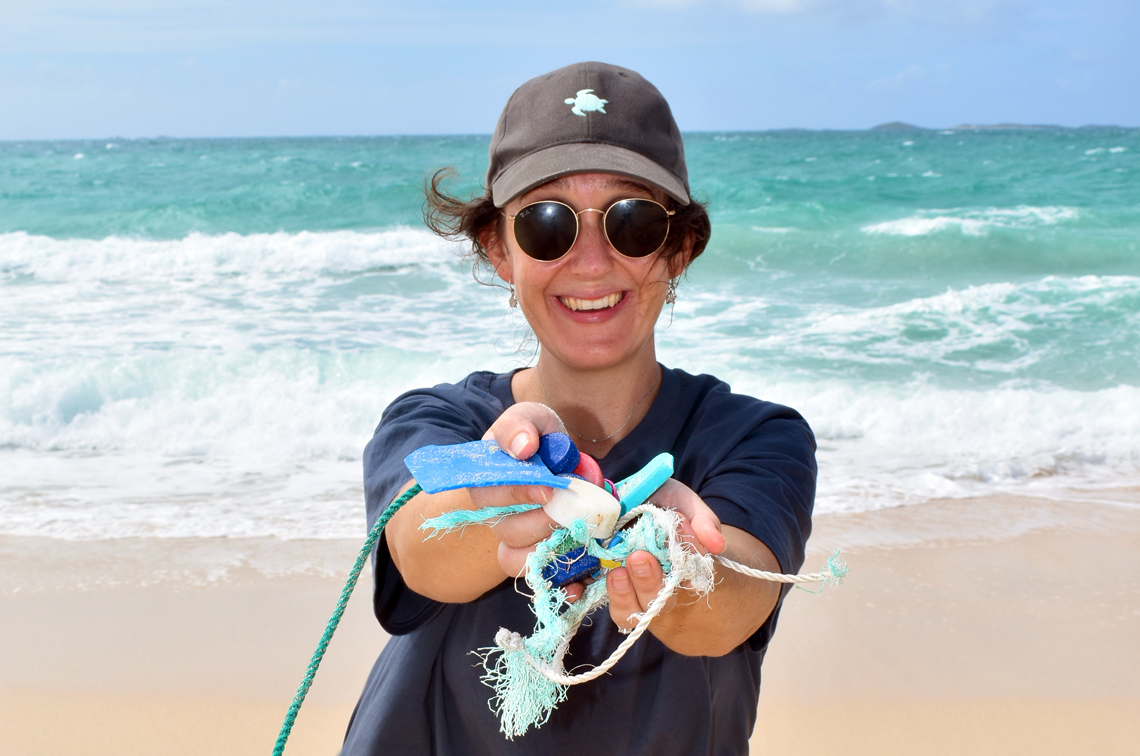
Method in microplastics: let's all collect comparable data
The collaborative and collegiate approach used to develop this best-practice manual means it is endorsed by the marine research community
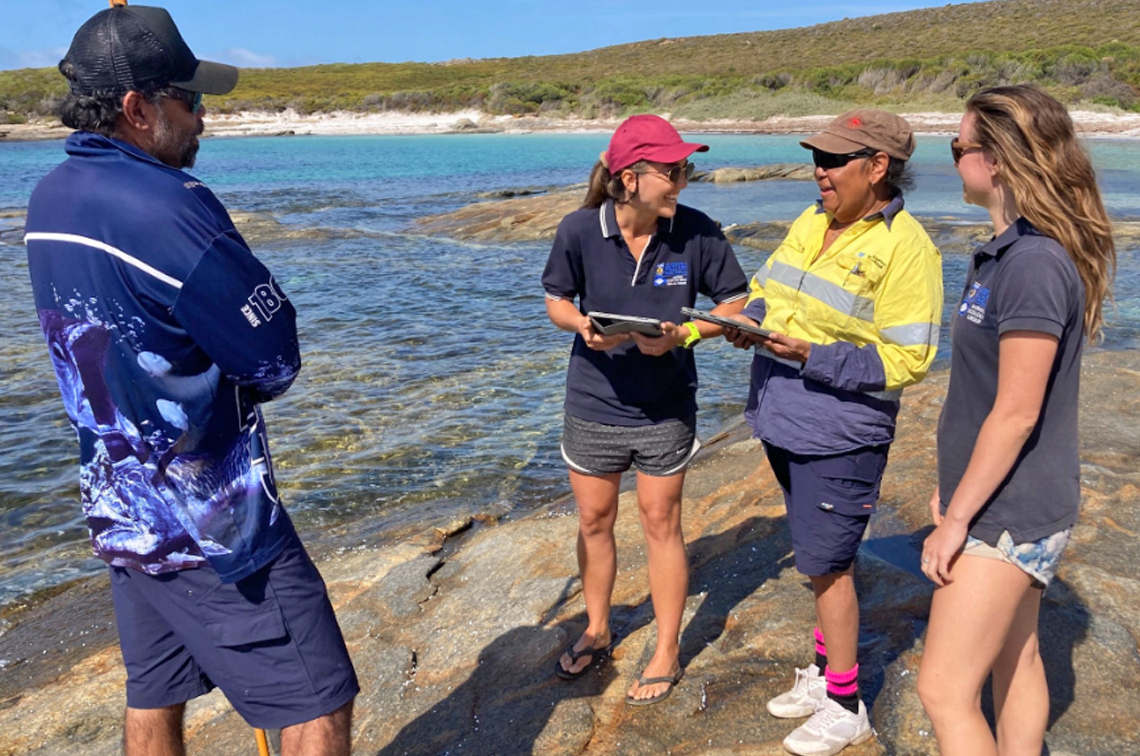
Social science best-practice survey gathers our thoughts on marine parks
Ecologists, managers, social scientists and Indigenous rangers worked on developing the hub’s first social sciences best-practice field manual
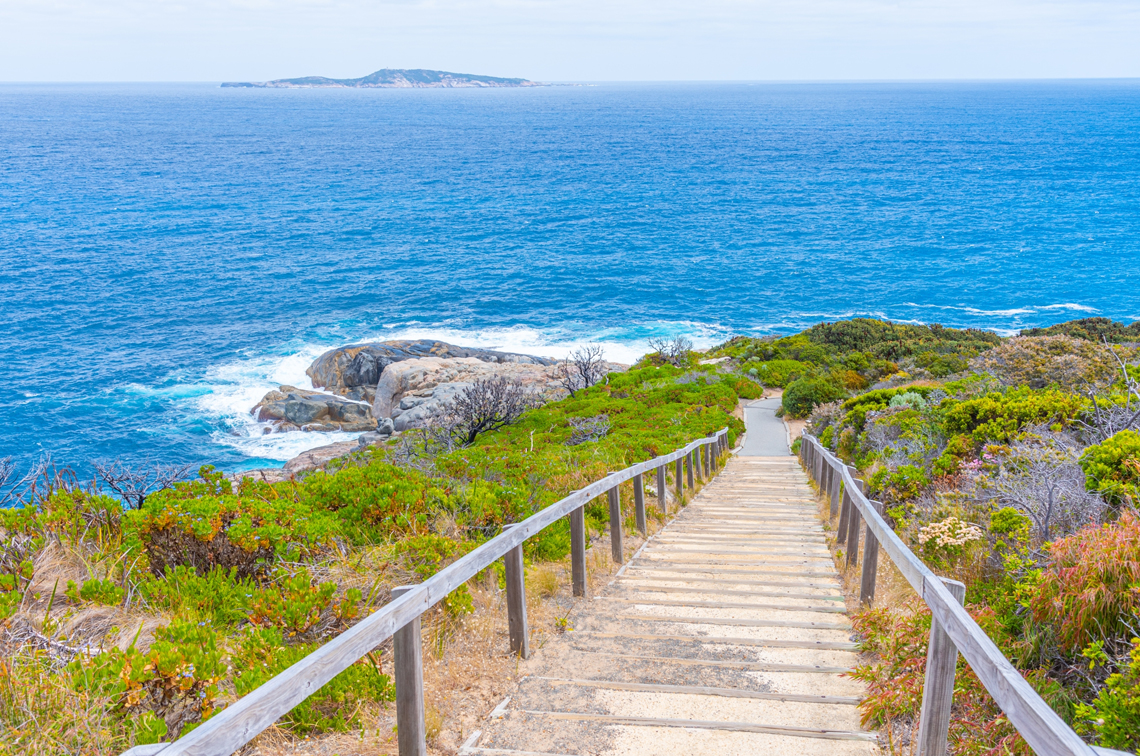
Working towards Indigenous collaboration best-practice for hub research teams
More than 60 hub researchers attended workshops on the developing rights framework for Indigenous knowledge and cultural expression
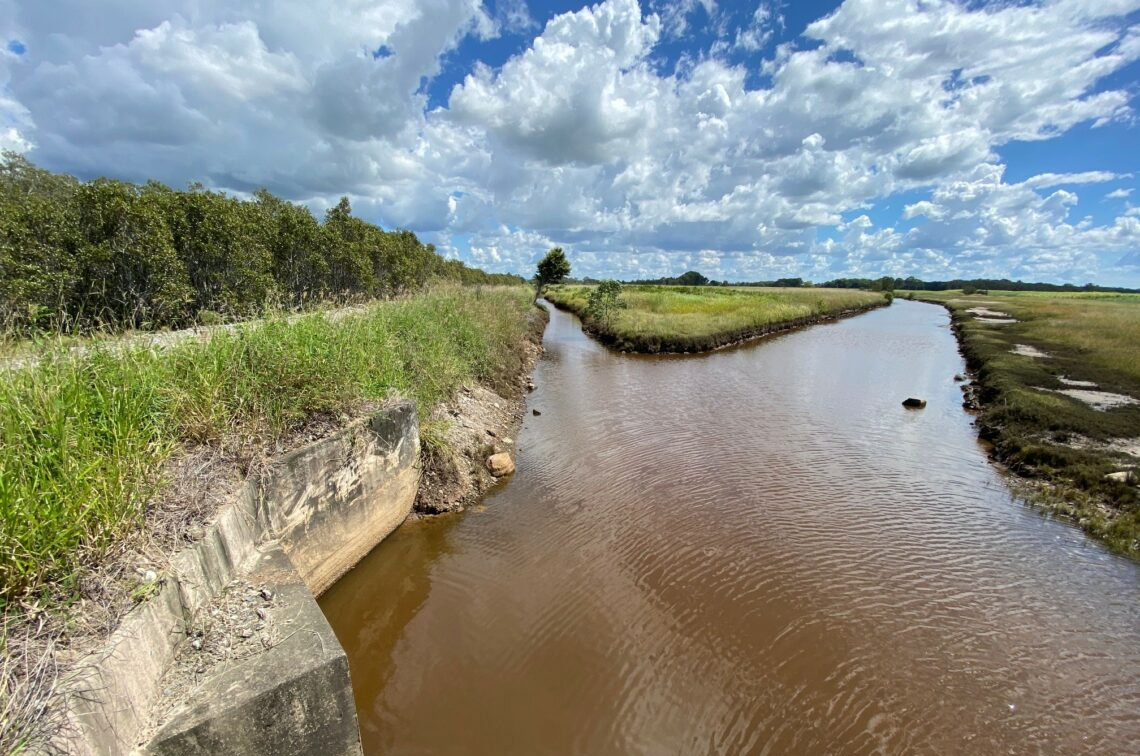
A new method to identify sites for coastal wetland restoration
This approach integrates ecological restoration with economic viability to identify project sites with high carbon value and multiple conservation benefits
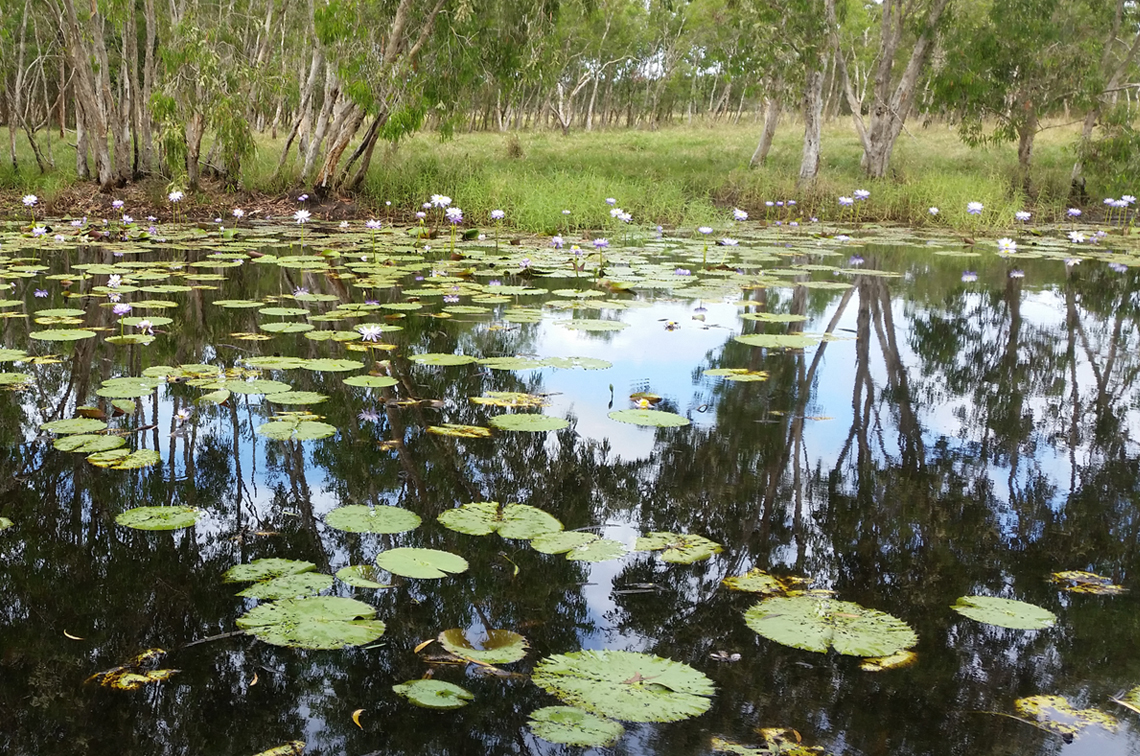
Smoothing the flow of marine and coastal restoration
Legislative reform, evidence for nature-based solutions, Traditional Owner inclusion and national coordination are needed to meet Australia's 2030 goals
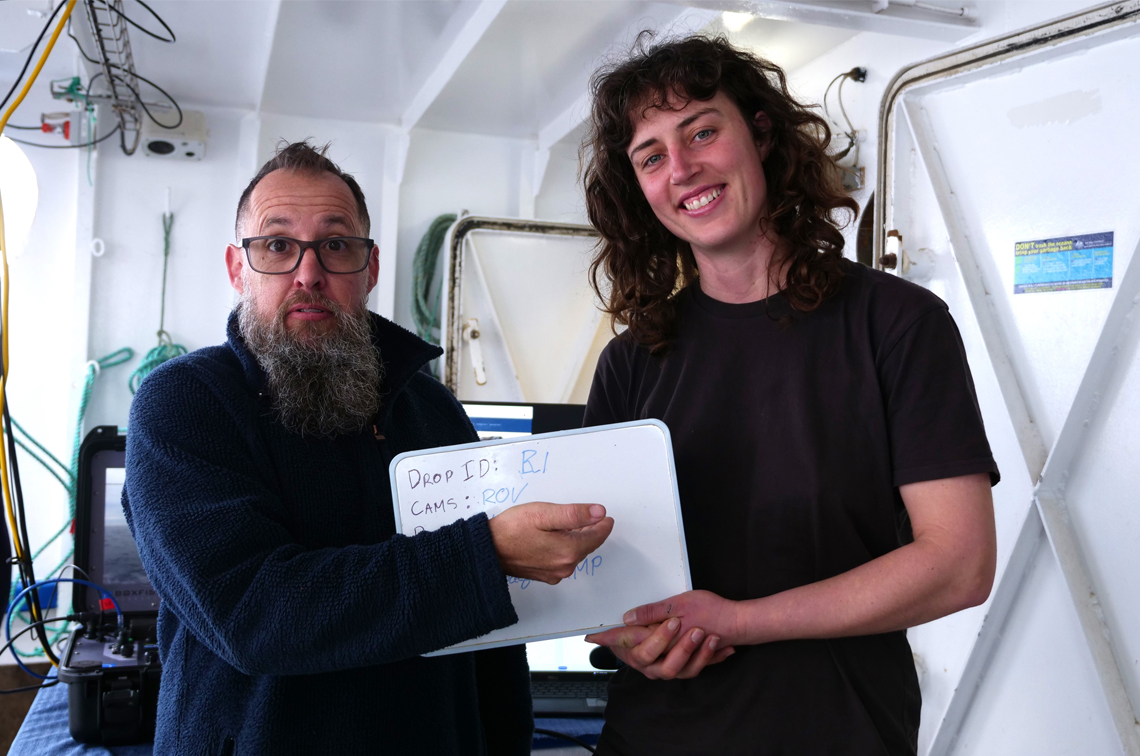
Sampling by the book
Bop along as hub researchers deploy a remotely operated vehicle in step with the hub manual. Ocean best practices are crucial to collaboration, efficiency, and data reliability in marine research and management.

